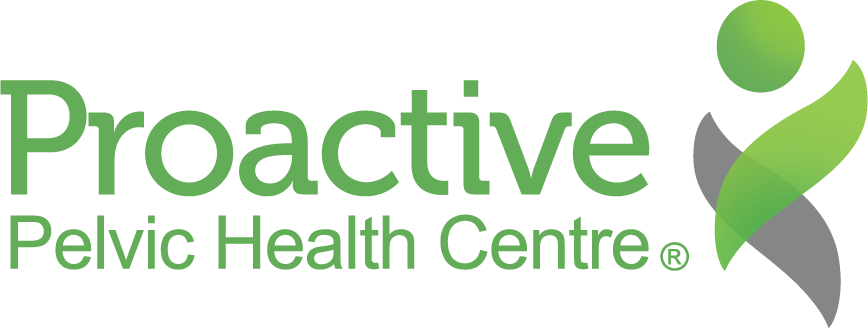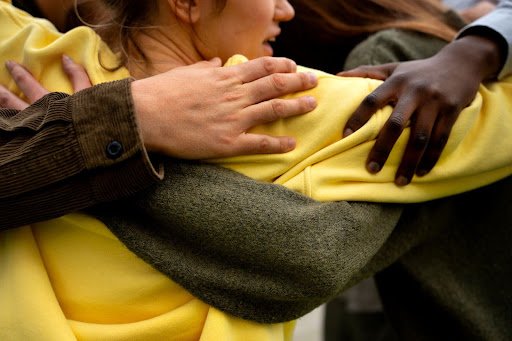Mindfulness & Self-Compassion: Skills for Meeting Pain, Anxiety & Overwhelm
Jaisa Sulit OT Reg. (Ont.)
What the World Needs
The suffering occuring on our planet has never been more evident between the polarisation amongst our human selves and the devastating impacts of ongoing climate change. There is a call for us to be of greater service to each other but how can we do this when we are not even able to service ourselves? It is impossible to respond to the pains of our collective when at the individual level, most of us are just trying to keep our heads above the water. Majority of us are feeling overwhelmed with work, family care, stressful relationships, the never-ending pile of laundry and dirty dishes and the after-effects of a pandemic.
Every time I have felt this overwhelm I find resourcing when I return to my body. For it is in the body where we experience connection to 1) the breath 2) the power of presence 3) wisdom and clarity and 4) hope.
Returning to the body however, is easier said than done because of the capitalist culture that has most of us overworked, prioritizing productivity, and habitualized to living inside our heads and disconnected from our bodies and its needs. For example, many times in the past I’ve said: “Let me finish these emails first and then I’ll eat after.” Furthering the challenge of returning to our bodies is the potential discomfort we may come across along the journey within, whether it be physical pain that we have ignored, emotions repressed or trauma unprocessed. Generally speaking, we all experience trauma. According to Buddhists, the first noble truth is that suffering is a part of the human experience. We all experience pain and suffering. How we respond to pain determines how well we live with pain and whether or not we continue to suffer.
So, how do we respond?
What the world needs now more than ever is our increasing skill set to respond to life’s painful moments with mindfulness and self-compassion. These are the foundational skills that allow us to hold ourselves and our pains so that we feel safe and our nervous systems regulated, increasing our tolerance for discomfort so that we don’t go into overwhelm. Through mindfulness and self-compassion, we are able to hold space for ourselves and our needs so that we have greater capacity to hold space for the pains of our planetary collective.
Compassion Vs. Empathy
The Dalai Lama says that “compassion is the wish that all sentient beings be free from suffering.” The first step to practising compassion is the acknowledgment of suffering. The second step is the desire for one’s suffering to be eased and alleviated. This is where mindfulness comes in - we need to have the skill of being honest with ourselves first, able to admit when we are suffering. Without this skill we can’t practice compassion. For example, for most of my twenties, when people asked me how I was doing, I habitually responded with “I’m good! I’m great” without even taking a moment to check in with how I was really feeling. Without the skill of acknowledging when I really was not okay, I could not move on to the next step of meeting myself with compassion - comforting and soothing myself when I was not feeling okay.
Compassion is different from empathy in that with empathy, one is feeling another’s emotions in their body without a sense of holding oneself. We are simply feeling another’s emotions. But the body can only feel so much of other people’s emotions and that’s why empathy alone can lead to empathy fatigue. Brain scans show that during empathy, one is activating the same neural networks activated during experiences of pain and negative affect. With compassion however, we are not only feeling another’s emotions in our bodies, we are also holding ourselves, comforting ourselves, soothing and warming up our bodies so we do not feel overwhelmed. In this way, there is no such thing as compassion fatigue because we are filling our cup first, holding space for ourselves so we can then hold space for another. Brain scans show that during compassion, one is activating the same neural networks activated during the experiences of love, care and safety. Biologically, compassion is rooted in the care system and thus has protective factors (Tania Singer, 2020).
Mindfulness and Self-Compassion
Kristen Neff, one of the leading researchers in self-compassion defines self-compassion as “compassion directed inward, relating to ourselves as the object of care and concern when faced with the experience of suffering.” She breaks self-compassion down into the following three parts:
Mindfulness: this practice of being present to the moment with an open mind and an open heart is the first step to self-compassion. It acknowledges painful feelings without judgement and without over-identifying with painful feelings.
Common Humanity: this practice reminds us that all of our experiences are part of the human condition. We do not isolate ourselves with judgments such as “I’m abnormal” or “I’m the worst”
Self-Kindness: this practice has us treating ourselves as our own best friends, with care and understanding vs harsh judgments and criticism.
When we are facing the discomfort of chronic pain, stress, anxiety and overwhelm, we can engage in a number of mindful self-compassion practices such as:
Soothing Touch
Compassionate Body Scan
Affectionate Breathing
Use of Self Talk and
Softening & Allowing
All of these practices elicit an immediate physiological response that not only regulates our nervous system but also releases oxytocin (our free feel good hormones) and opioids (our free pain reducing chemicals). Research indicates that with a daily practice of mindfulness and self-compassion, we may experience:
Reductions in chronic pain, cardiovascular disease and negative mind-states such as anxiety, depression, stress, rumination, thought suppression, perfectionism and shame along with
Increases in healthier behaviours, coping, resilience and positive mind-states such as life satisfaction, happiness, connectedness, self-confidence, optimism, curiosity and gratitude
Meeting Yourself Where You Are
We all have good days and bad days - with our capacities to look within and hold space for ourselves and others changing according to how well our daily needs are met.Some days you’ll be able to engage in self-compassion practice and tolerate painful experiences for long durations of time while other days you may only be able to turn towards bodily discomfort for 30 seconds. The practice of mindful self-compassion asks you to meet yourself wherever you are with understanding, acceptance, warmth and kindness. Whenever you feel overwhelmed, give yourself the grace of taking a break from your practice and redirect your attention to a neutral or even enjoyable activity. When done with awareness, taking a break from tending to our pains is not distraction - it is an act of self-compassion.
We Were Never Meant to Do This Alone
“You will not survive with self-care and self-love alone…find your sacred company.”
Cole Arthur Riley - Black Liturgies
The isolation we experienced during the pandemic validated for us the medicine of belonging, the feeling of being in meaningful relationships, the feeling of being in community. When we are in relation to others, we experience mirroring and a reflection of ourselves. In one word, we experience “namaste.” Our bodies are neurophysiologically wired for social interactions and moreso, we are wired for communal healing. For example, due to mirror neurons, we are actually able to co-regulate those around us. So whether you are at home, at work or out in your community, whenever you notice yourself feeling uncomfortable, just one moment of bringing mindful self-compassionate attention to yourself elicits an immediate physiological response that regulates your nervous system. Because we are social beings with mirror neurons, your regulated nervous system allows you to then co-regulate others around you - family, friends, co-workers, strangers - regulating their nervous systems as well. Really, this practice of mindful self-compassion is caught more than taught!
We humans were not built to experience pain alone. So as the author of Black Liturgies - Cole Arthur Riley says: “find your sacred company.” Name your accountability partner. Who in your life can you call on to practise mindful self-compassion with you? Support your personal practice with a community of practitioners, whether it’s just one other person or a dozen others. As you cultivate your practice of mindfulness and self-compassion in community, your increasing personal resilience will inevitably lead to our collective resilience.


